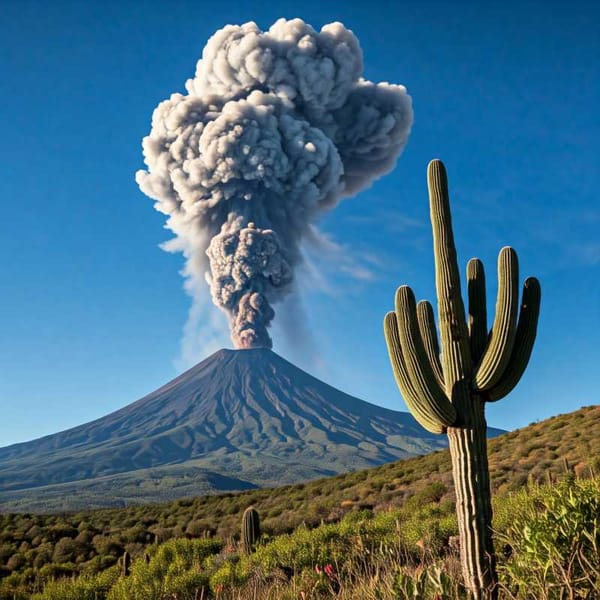How U.S. political groups employ T-MEC for elections
It is not unusual for the United States to issue threats that they would take retaliatory action. The renegotiation of NAFTA presented an opportunity to exit this kind of arrangement, and it was taken advantage of.





